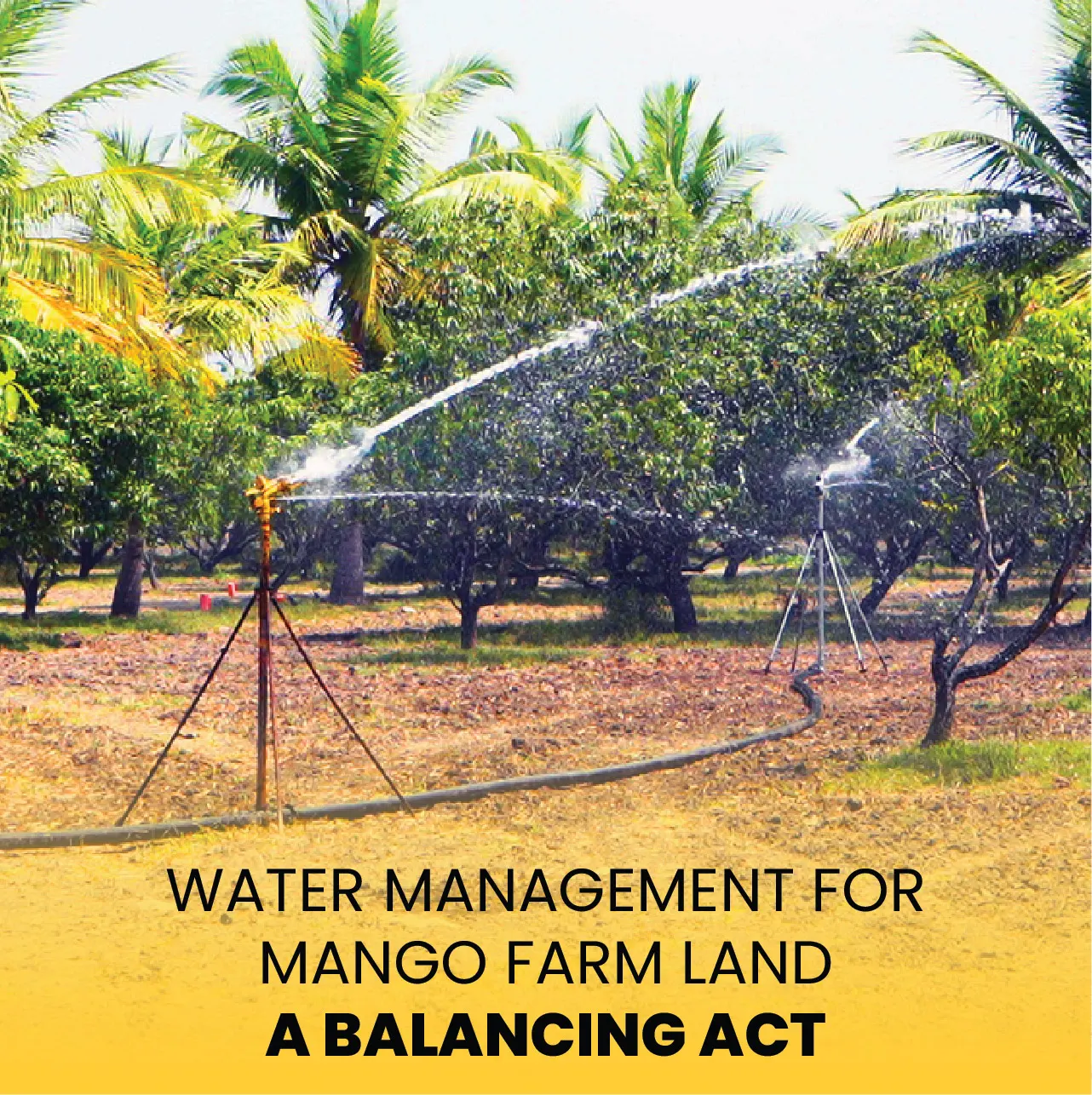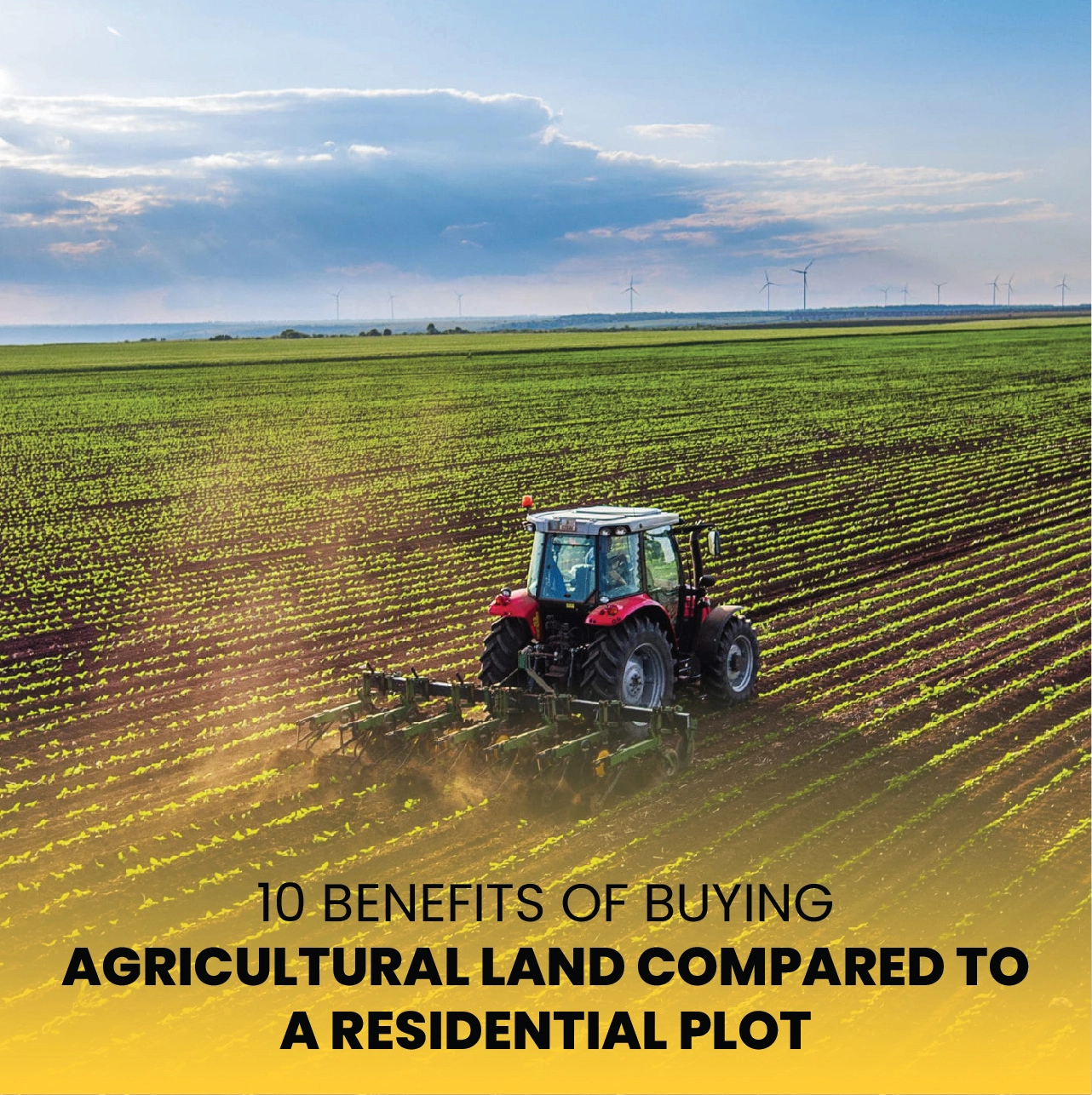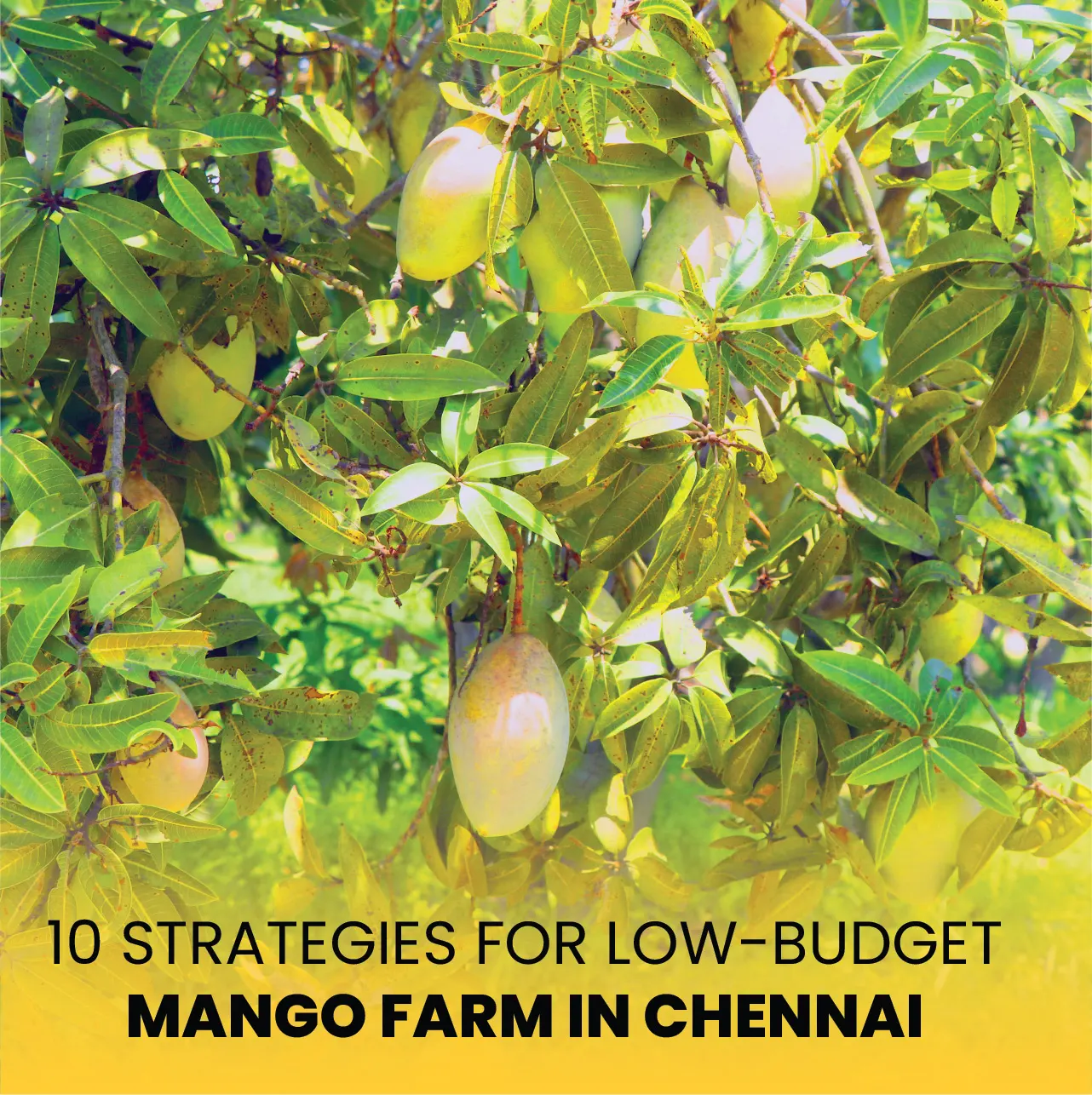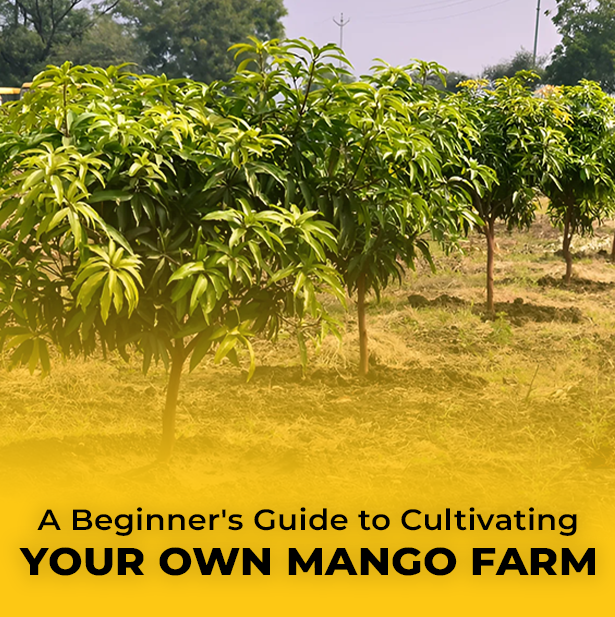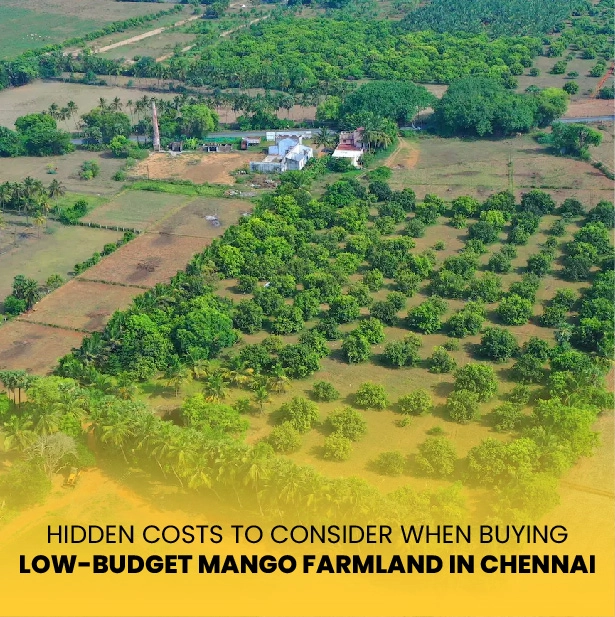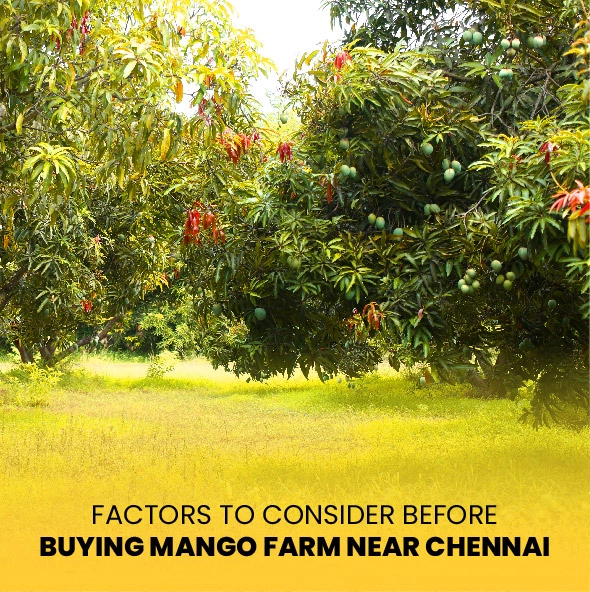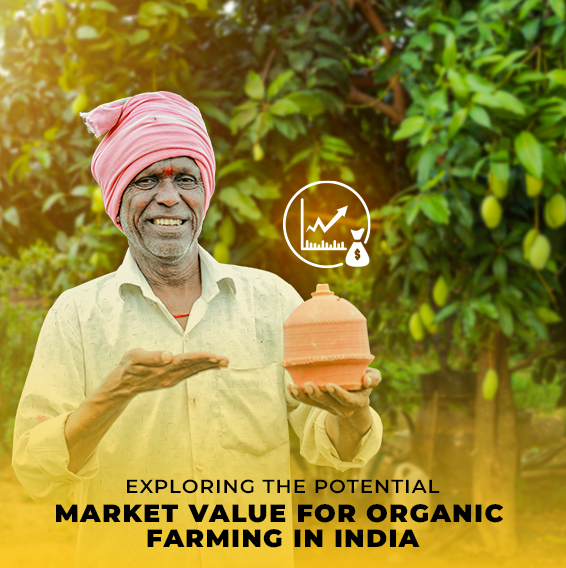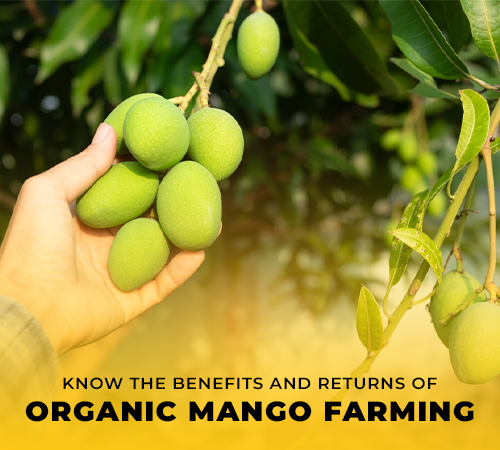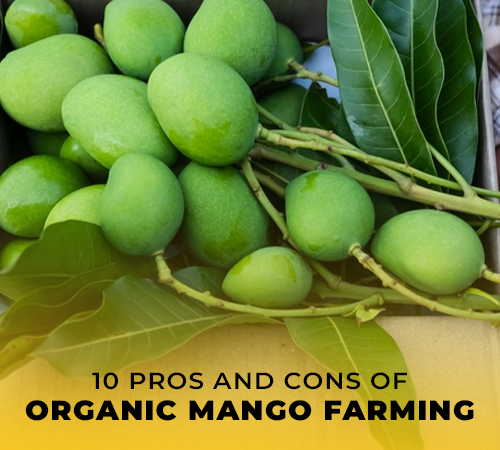The king of fruits, the mango, is a forever part of Indian culture and cuisine. But beyond its delicious taste, mango farming is a significant agricultural industry in India. For those considering entering this field, understanding the economics – the costs and potential profits – is crucial. This blog dives into the financial realities of mango farm land business in India, providing insight for potential investors and established farmers alike.
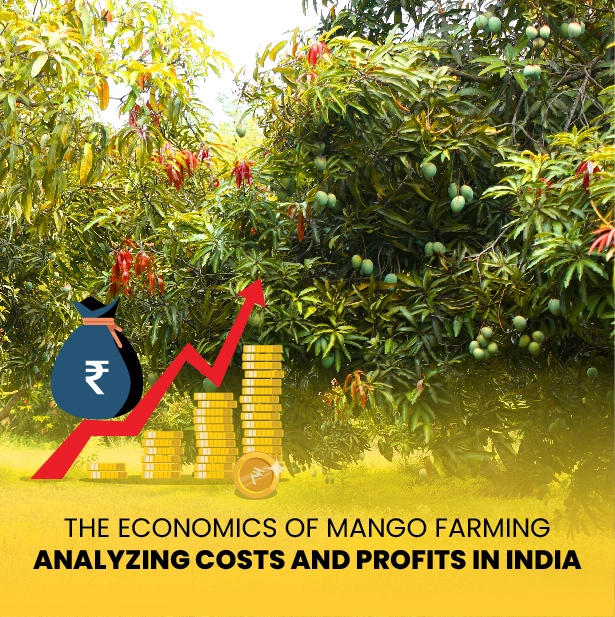
India reigns supreme as the world's largest producer of mangoes, boasting a staggering 40% of global production according to data from Anon 2020. With over 2.2 million hectares dedicated to mango cultivation and a yield exceeding 20 million tonnes annually, the industry plays a vital role in the Indian agricultural sector. This vast production translates to significant potential profit for farmers, making mango farm land a valuable investment.
Before reaping the rewards, there are initial investments to consider. The establishment cost of a mango orchard varies depending on factors like land size, location, and chosen variety. Studies like one conducted in the Kangra district of Himachal Pradesh estimate an average establishment cost of Rs. 56,873 per hundred plants in the early bearing stage. This cost includes:
Land Acquisition: The price of mango farm land for sale varies significantly depending on region and quality. Generally, land closer to markets or with better irrigation facilities commands higher prices.
Planting Materials: The cost of high-quality mango saplings can vary depending on the chosen variety. Popular choices like Alphonso or Kesar tend to be more expensive than some local varieties.
Land Preparation: This includes activities like clearing, leveling, and soil treatment, which can be outsourced or require machinery investment.
Irrigation System: Mango trees require a consistent water supply, so installing an efficient irrigation system like drip irrigation is crucial.
Once established, a mango orchard incurs ongoing operational costs. These include:
Labor: Activities like pruning, fertilization, pest control, and harvesting all require manpower. Labor costs can be significant, especially during peak seasons.
Fertilizers and Pesticides: Maintaining healthy trees and fruit quality necessitates regular application of fertilizers and pest control measures.
Irrigation Maintenance: The irrigation system requires upkeep and potential repairs to ensure smooth operation.
Transportation: Transporting the harvested mangoes to markets or processing units adds to the cost.
Despite the initial and recurring costs, mango farming can be a profitable venture. Studies like one conducted in Dharmapuri district, Tamil Nadu report average net returns exceeding Rs. 2 lakh per hectare. Profitability hinges on several factors, including:
Yield: The quantity of mangoes harvested directly impacts income. Factors like tree age, chosen variety, and growing practices significantly influence yield.
Market Price: Mango prices fluctuate based on variety, seasonality, and overall market demand. Premium varieties like Alphonso fetch higher prices compared to some local varieties.
Production Costs: Efficient management of labor, resources, and pest control translates to lower production costs, maximizing profits.
Several strategies can enhance the profitability of a mango farm:
Intercropping: Growing short-duration crops between mango trees during the initial years can generate additional income.
Value-added Products: Processing surplus or imperfect mangoes into jams, pickles, or dried fruit can increase revenue.
Direct Marketing: Selling directly to consumers through farmers' markets or online platforms eliminates middlemen and potentially increases profits.
Mango farming in India presents a compelling opportunity for those seeking to establish themselves in agriculture. While initial investments and ongoing costs exist, the profit potential is significant. By carefully considering expenses, maximizing yields, and exploring additional income streams, mango farming can be a rewarding and lucrative endeavor. For those interested in entering this field, conducting thorough research, seeking guidance from experienced farmers, and utilizing resources like agricultural extension services are crucial steps toward success. With dedication, knowledge, and strategic planning, a mango farm can be a flourishing and profitable venture.



